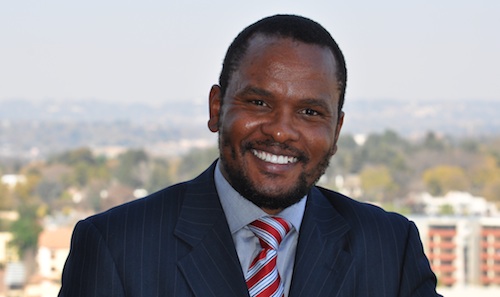
Bandwidth on the East Africa Submarine System (Eassy), a new, 10 000km-long submarine fibre-optic cable on Africa’s east coast, is now available from Neotel and MTN, the two telecommunications operators announced at a press conference on Thursday.
At the same time, the design capacity of the system has almost been trebled, going from 1,4Tbit/s to 3,8Tbit/s, making it the fastest cable system serving the African continent. However, only 60Gbit/s on that capacity has been “lit up” so far.
Eassy is the second cable system along Africa’s east coast. The first was the 1,3Tbit/s Seacom system, which went live last year.
The new cable will provide redundancy options for telecoms operators and Internet service providers, some of which were badly affected by a recent outage on the Seacom cable.
Trevor Martins, chairman of the management committee of the Eassy consortium, says the cable system will result in a further sharp reduction in wholesale international bandwidth prices charged to SA service providers. This should result in cheaper broadband for consumers.
The cost of international bandwidth into SA has already fallen by about 80% in recent years, according to Neotel.
Eassy follows a similar but shorter route to the Seacom system. It connects SA with Port Sudan and Djibouti in the Red Sea. From there, it connects to myriad international cable systems that provide onward connectivity to Asia and Europe.
In SA, the Eassy cable will connect to the Sat-3/Safe cable that runs along Africa’s west coast, and on to Malaysia via the Indian Ocean.
The system, which was constructed by Alcatel Lucent Submarine Networks, cost almost US$300m.
Martins says the decision to increase the design capacity of Eassy was taken because the Eassy consortium expects a “broadband capacity explosion in Africa between 2012 and 2014”.
“We expect all of the capacity on the cable to be used,” Martins says.
Other than MTN and Neotel, Vodacom and Telkom are also investors in Eassy. “All the SA operators have live traffic on Eassy through Mtunzini [in KwaZulu-Natal],” Martins says. — Duncan McLeod, TechCentral
- Subscribe to our free daily newsletter
- Follow us on Twitter or on Facebook




